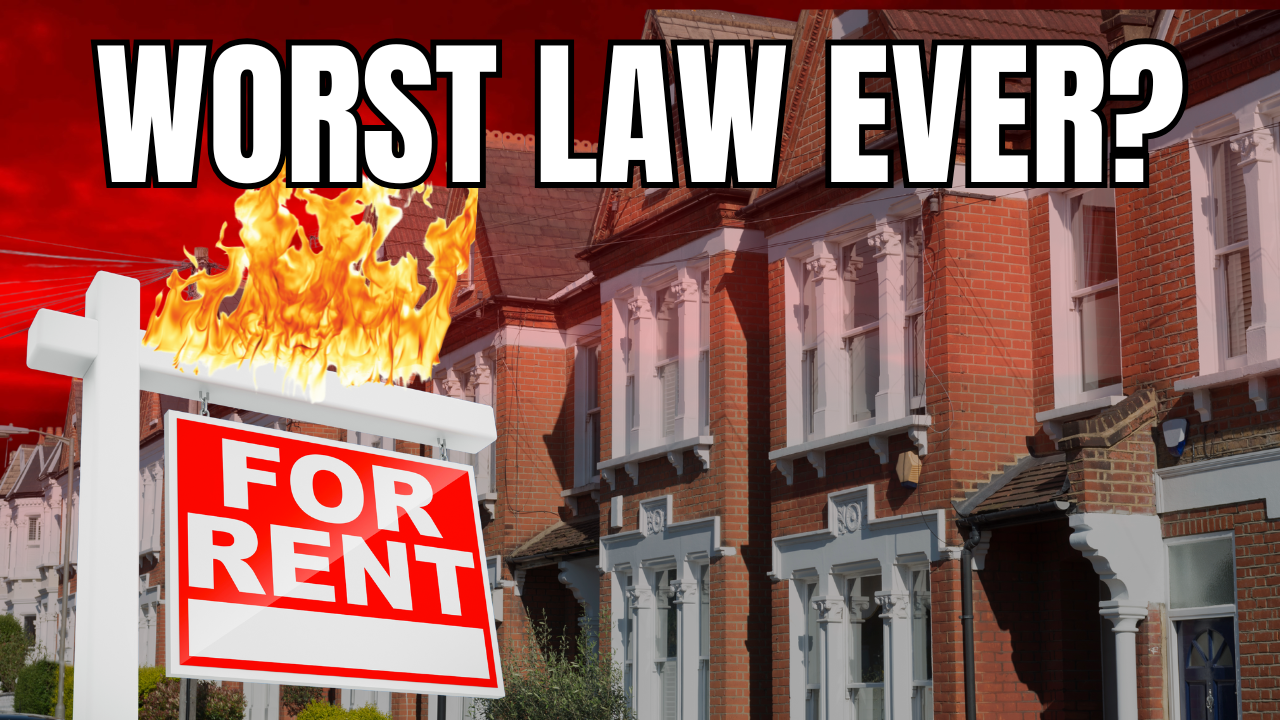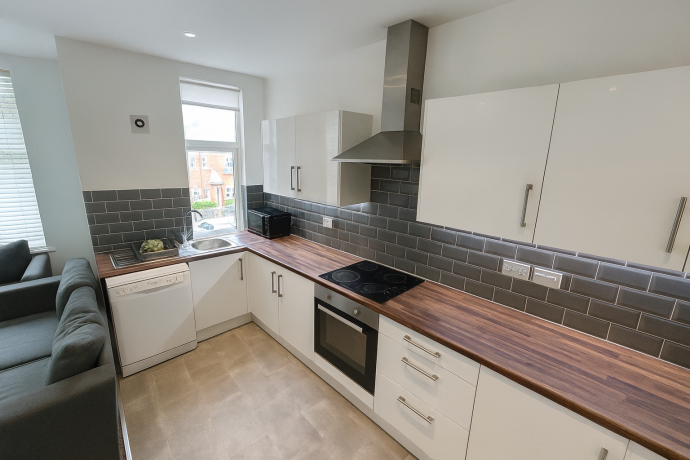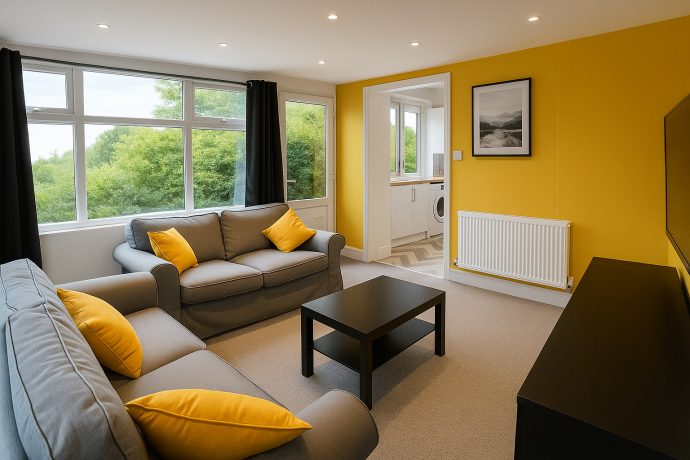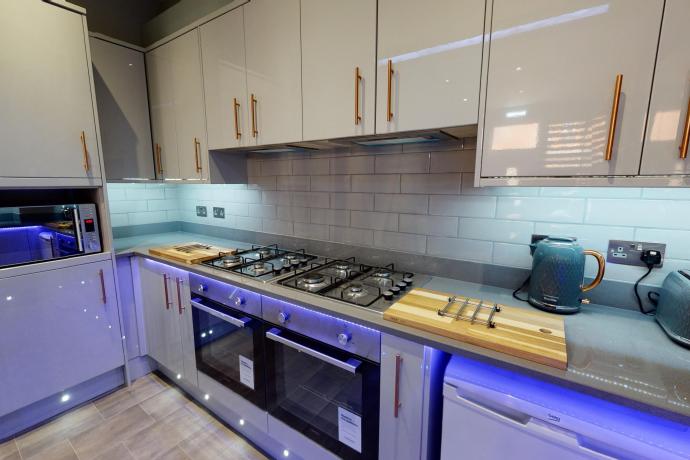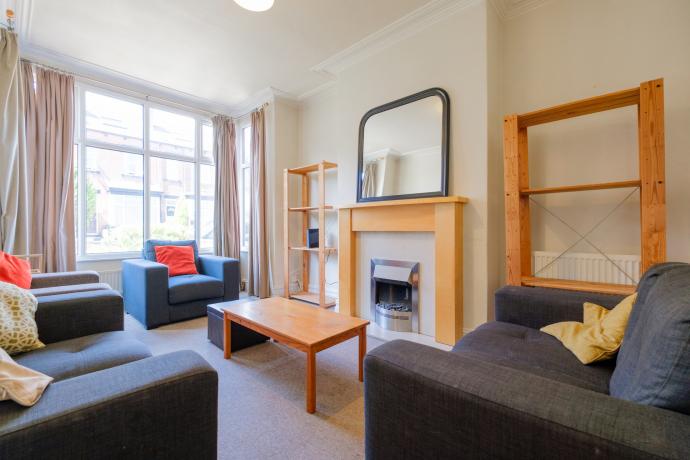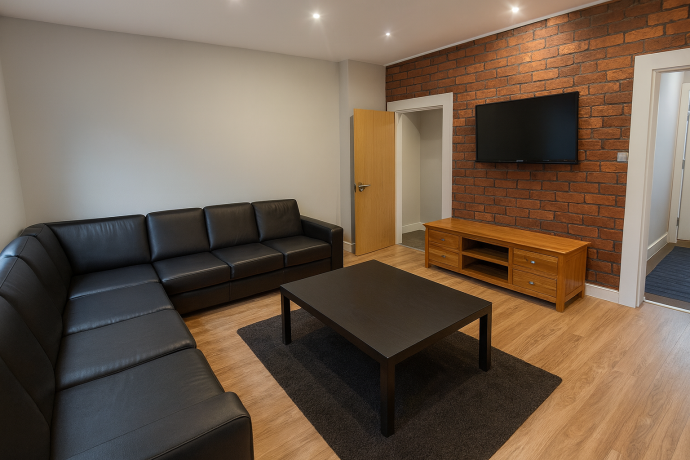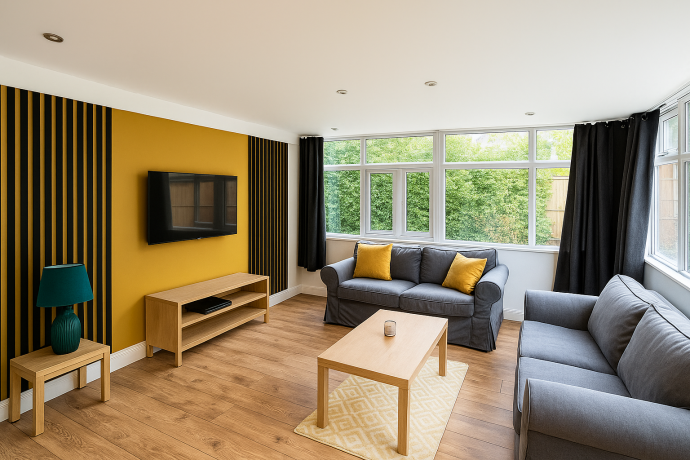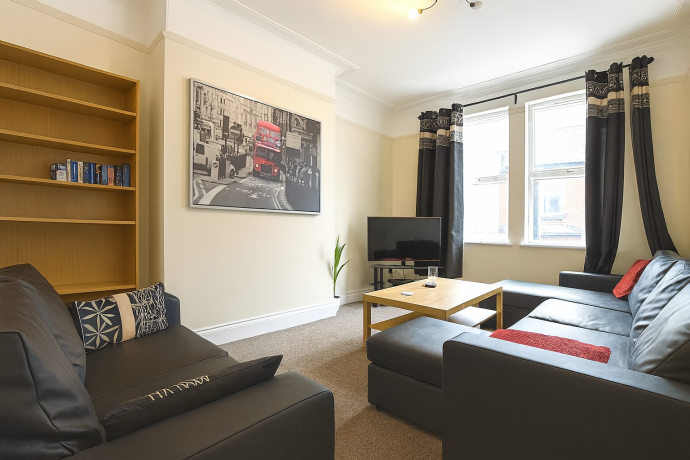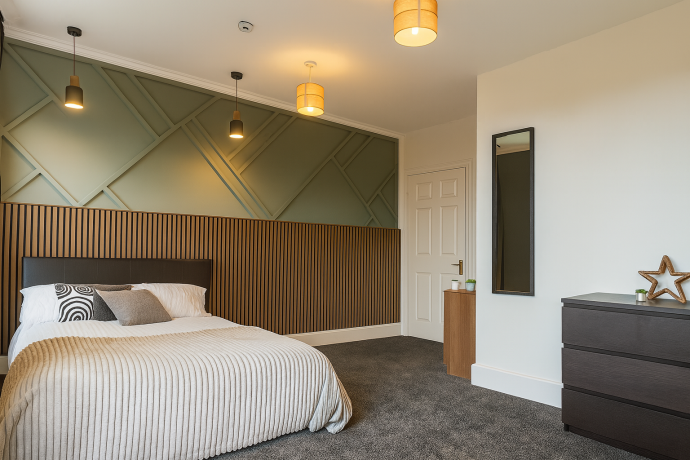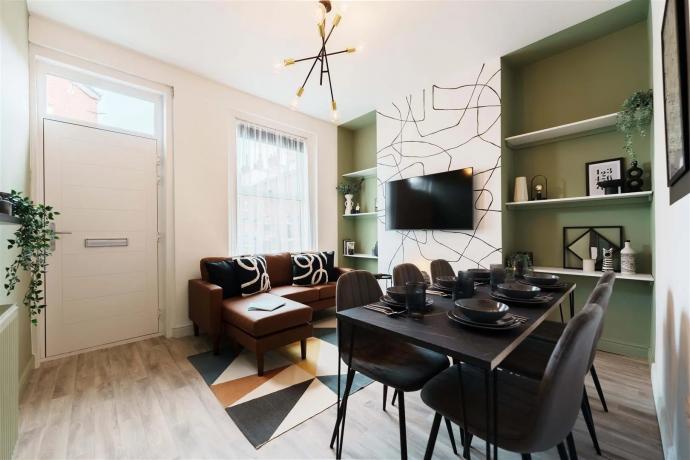
What is an HMO?
A House of Multiple Occupancy (HMO) is a property rented out by at least 3 people as their main residence who are from more than 1 'household' but share communal facilities such as the bathroom and kitchen.
What constitutes a "household"?
In short, all unrelated people who are not co-habiting. A simple way to determine households, and thereby potential HMO use, is by understanding the following examples:
Example | Households | HMO |
1) 3 friends renting a 3 bedroom property | 3 | Yes |
2) A brother, sister, and a friend renting a 3 bedroom property | 2 | Yes |
3) 1 family renting a 3 bedroom property | 1 | No |
4) A married couple and a friend renting a 3 bedroom property | 2 | Yes |
5) An unmarried couple and a friend renting a 2 bedroom property | 2 | Yes |
Example 3 is the only above scenario that falls outside the definition of an HMO.
Operating an unlicensed HMO (which should have a license) is a criminal offence and can result in serious financial consequences for a landlord.
Ok, so my property is an HMO but do I need a licence to rent it out?
No – the most important point to make is that although a property may fall within the definition of an HMO, it does not automatically follow that it must be licensed.
Mandatory HMO licensing is applicable when the property meets all of the following criteria:
1) There are 5 or more tenants from 2 or more households on a shared tenancy (such as a student let) or rented as individual room shares/bedsits who share an amenity such as a kitchen, toilet, bathroom or lounge.
2) The accommodation is arranged over two or more storeys.
As such, if you rent a property to 4 or less occupants, or to 5+ occupants on one storey, you will not require an HMO licence. That is unless the property is situated in a selective licensing area.
What is selective licensing?
In certain areas a local authority may implement selective licensing. This is commonly used in towns and cities where there is a high concentration of established HMOs.
The aim? To stop houses traditionally used for families being turned into HMOs. You should always check with your local authority to find out if any selective licensing schemes are in place. If so, this could mean that even if you only rent to 3 occupants you will need to obtain a license.
How do I apply for a licence?
You must contact your local authority and request an HMO licence application form. Further information regarding applications for Leeds can be found by visiting Leeds City Council's website.
How much does a licence cost?
The cost will vary depending on the local authority and how many bedrooms you're applying a license for, but in Leeds as at December 2018 the fees are:
5-6 occupants - £825.00
7-8 occupants - £1000.00
9+ occupants - £1,250.00
If you are an accredited landlord, the local authority may offer discounts on licensing fees. Membership to landlord accreditation schemes such as the RLA, NLA, or in Leeds, the Leeds Rental Standard, provide some protection to the public by ensuring that landlord members are trained and are signed up to a code of practice.
I'm buying a property that already has a licence in place. Do I need to apply for a new licence?
Yes. All HMO licenses are non-transferrable.
How long is a licence valid for?
Each HMO license is valid for a period of 5 years.
What are the penalties for running an unlicensed HMO?
Operating an unlicensed HMO (which should have a license) is a criminal offence and can result in serious financial consequences for a landlord. In previous years landlords could have faced a £20,000 fine, however, there is now an unlimited fine.
Those landlords convicted of operating an unlicensed HMO can also be the subject of Rent Repayment Orders (RRO's). In such circumstances, a tenant/local authority who paid rent throughout the unlicensed period can claim up to 12 months of the rent paid from the landlord. Although RROs were introduced as part of the Housing Act 2004, the Housing and Planning Act 2016 significantly increased their scope and availability.
Furthermore, no Section 21 notice can be validly served for a tenancy of an unlicensed HMO.


